"Everyone wants stability," begins Dane Dokman, who does sourcing for Toff, a globally imported organic fruit and vegetable distributor in the Netherlands. About five years ago, there was far more buying on the day, now there is more demand for programs. "The market's very fluid, so we must constantly anticipate what it will do. Customers are, thus, happy to have fixed programs via which they can consistently deliver organic products."
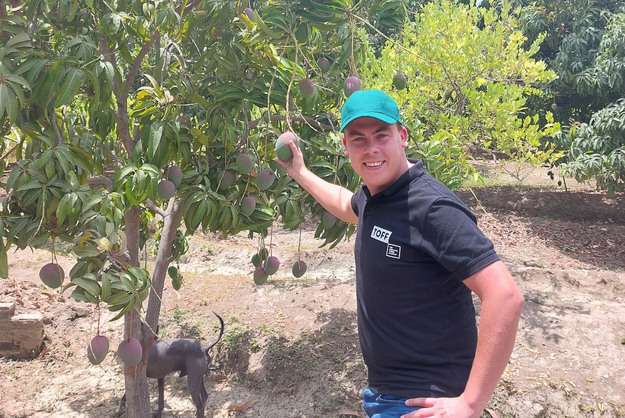 Dane Dokman, sourcing for off
Dane Dokman, sourcing for off
That is why Toff focuses on long-term supplier partnerships. "You need each other in difficult as well as easy times. If there's little demand for a product but there's supply, we market it because we know our customers will buy it. That's because we supply them even when there's virtually no product on the market," says Dane. That allows the importer the chance to consider returns over the entire season. "We focus on the overall picture and see if a product is profitable over a whole season."
More extreme weather conditions
Dane sees that the need for stability primarily stems from the increasingly extreme weather conditions. The sourcing specialist notes that that makes supplies uncertain. "If temperatures and climate remain constant, you can make forecasts. Because weather extremes change those every year, predictions become increasingly difficult," he says. Dane cites Malaga in Spain as an example, where it was still 30˚C in December and, in the summer, too hot for cultivation in some parts. Or Peru, where El Niño is affecting mango cultivation, delaying supplies.
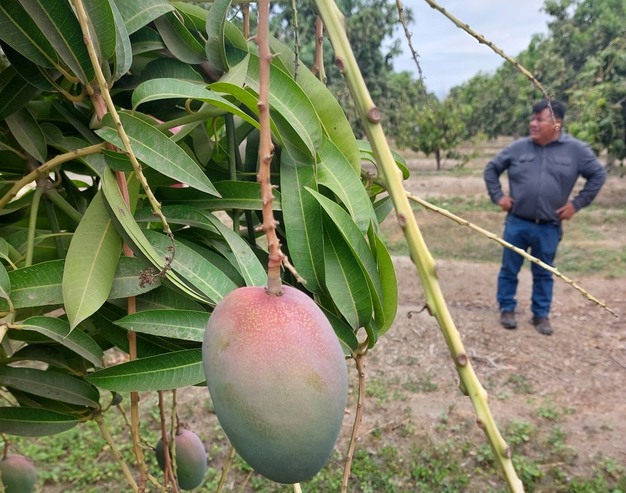
"That's so extreme that we haven't received mangoes for a long time except some from Spain. Kent mangoes are either unavailable or very expensive. We normally receive the first Peruvian mangoes as early as mid-December; now, we don't expect them until the first or second week of March." But the weather impacts Europe, too. Dane says when pointed cabbage exports from Denmark ran into unexpected trouble due to snow and frost, demand for the Dutch organic product rose sharply.
That is also why Toff works with more and more different parties. "We ensure we source from multiple growers. If you work with two suppliers for 50% of your supply each and one has cultivation problems, the risk of failure becomes too high. That's why we now work with multiple suppliers, each providing 10 to 15% of the total. We, thus, spread the risk. If one grower has problems, most of our supply still goes through," Dokman explains, adding that that matters for closed contracts. "If there's a major production shortage, you can't supply your own contracts. So, to reduce that risk, we split the supply."
Peruvian and Chinese ginger
They did that with, for example, ginger, of which Toff is one of the few importers that offers the Peruvian variety year-round. Here, though, high prices and demand play more of a role than weather conditions. "Last year, there was way too much ginger and an overcrowded market, so there was no money to be made. Much less was thus planted and harvested in Peru this year. Growers often planted cocoa instead of ginger," Dane explains. The smaller Peruvian acreage means tighter supplies and higher prices. "Last year, you could buy a 13-kilogram crate of Peruvian ginger imported and delivered for $16 to $17. Now it averages $33 to $34."
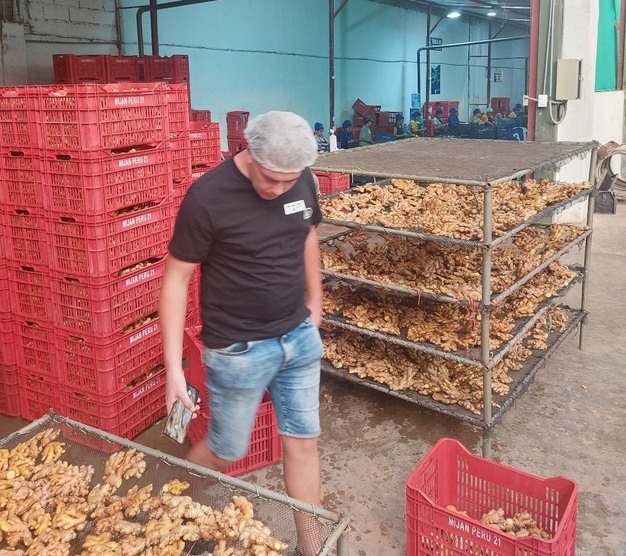
Reasons for Toff to look further afield
"We found ginger from China. That’s an alternative to expensive Peruvian ginger. It's much cheaper, and the hands are bigger," Dane admits. The disadvantage, though, is that plenty of conventional ginger is also imported from China, which means potential competition between that and organic products on the same store shelf. Yet, in practice, that risk appears not to be so great. "If conventional and organic prices don't differ much, retailers, when making their annual agreements, often prefer to carry only organic ginger."
As close by as possible
Though overseas imports are, obviously, unavoidable with products like ginger, the focus, says Dane, is increasingly on sourcing as close by as possible. saying that if a product is available in, say, the Netherlands, that is preferred. After that, a European origin is sought, and then overseas comes into the picture. In that trend, the sourcing specialist sees overseas apple imports - from, say, Chile or Argentina - decreasing year after year.
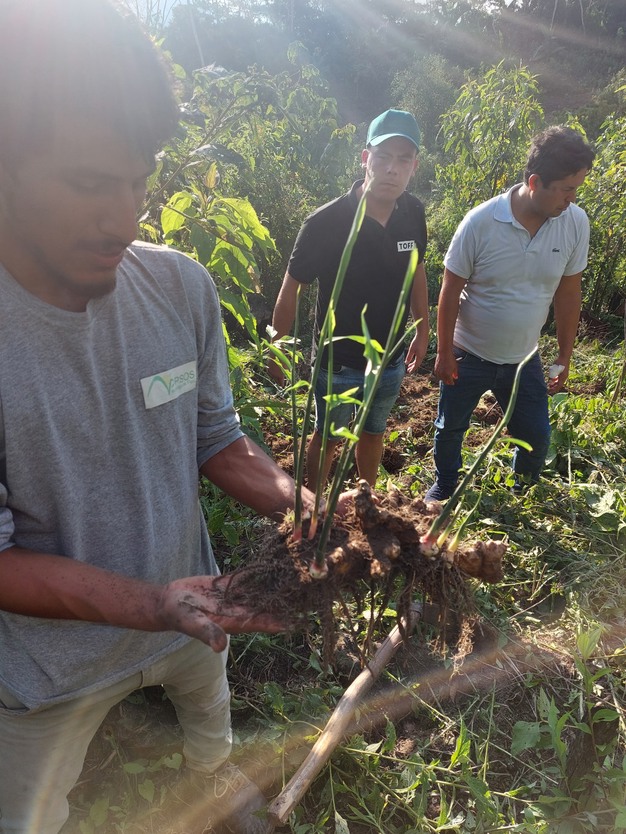
"Before, there was really only a minimal amount of European organic top fruit. Now, Italy can supply apples almost year-round. Ultimately, you want a product to travel as few miles as possible. When you can buy an Italian apple, you don't have apples coming in from Argentina," Dokman says, noting that what does come from further afield almost always comes by sea. "Many of our customers don't want air freight, which makes sense. After all, how organic are the products then?"
Stable demand
Demand-wise, Toff notices the current economic dynamics having an impact. "The organic category is stabilizing, with far fewer demand outliers than a few years ago. Consumers are more budget-conscious, so there's less growth, thus stabilizing client demand," Dane concludes. He notes that this differs from previous years when customers always saw growth. That said, Toff has managed to expand its client base through acquisition.
Dane Dokman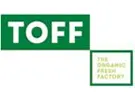 TOFF
TOFF
+31 (0)85 070 4572
dane.dokman@toffbv.nl
www.toffbv.nl
